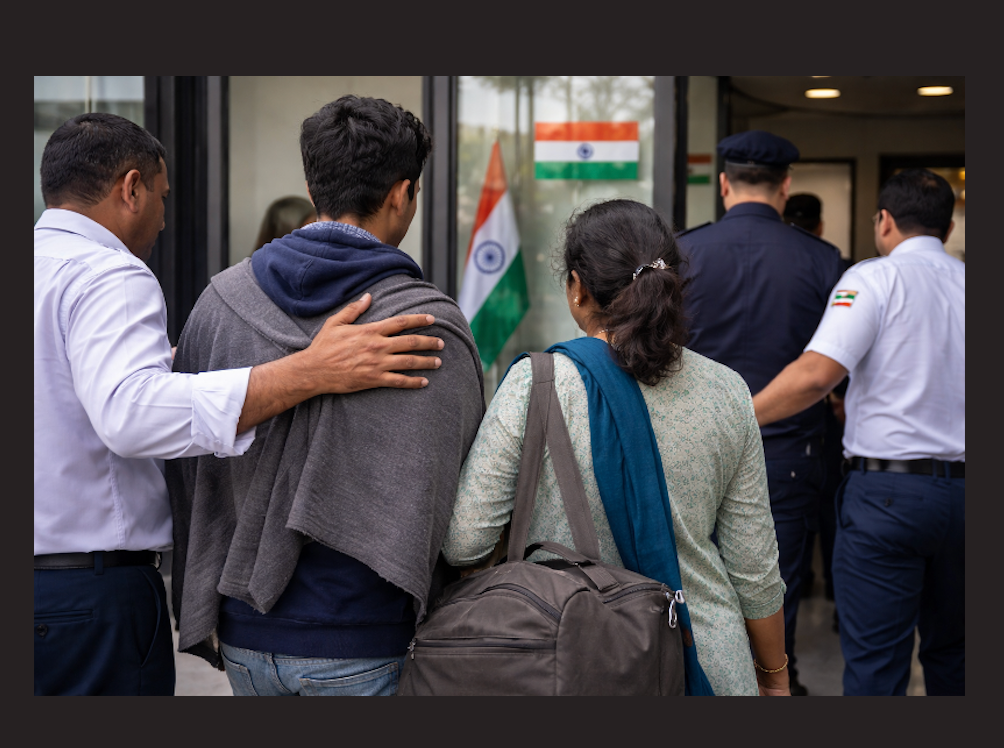A study by Oxford Vaccine Group suggests that having a gap of 44-45 weeks between the two shots has the best results that multiplies the level of efficacy nearly by four times.
There is hell lot of confusion about the efficacy of the Covid-19 vaccines, gaps between first and second doses and finally only one dose or both depending upon an individual. Some countries are following only one dose for those who have already got the Covid-19 virus, whereas some are administering both after a gap of 90 days from the recovery.
Now a new study done by the Oxford Vaccine Group, which manufactures AstraZeneca, suggests that having a gap of 44-45 weeks between the two shots has the best results that multiplies the level of efficacy nearly four times. Thus the level of antibodies generated 44-45 weeks after would be much more than the doses given within a gap of 8-12 weeks.
Thus the level of antibodies generated 44-45 weeks after would be much more than the doses given within a gap of 8-12 weeks.
The report done by the Oxford Vaccine Group’s researchers came on Monday (28-06-21).
Since the study is yet to be peer reviewed and not final, it has given a concept that a second dose given after a prolonged period, may have better results, both in terms of disease and vaccine supply management.
“It can be an effective strategy when vaccine supplies are scarce in the short term,” said the report.
Thus it looks like increasing the duration between two doses is helping in boosting antibody count.
It was tested on a group of volunteers who got the second dose vaccine within a gap of 8-12 weeks and those who took 15-25 weeks. The latter group of people showed better results with boosted antibody count.











